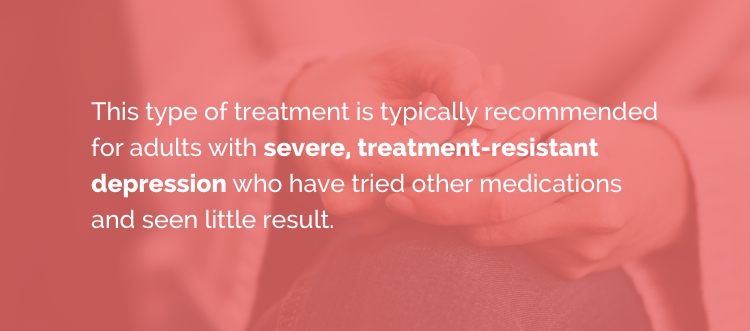Because ketamine therapy is still under medical and scientific investigation, this type of treatment is typically recommended for adults with severe, treatment-resistant depression who have tried other medications and seen little result. You may also benefit from ketamine psychiatry if you have had side effects from antidepressants that have made continued treatment impossible. At Principium Psychiatry, we have also seen ketamine therapy assist patients with varying levels of anxiety in addition to depression. Ketamine has been used successfully to treat
bipolar depression, PTSD, OCD, and pain.
Ketamine infusion therapy is one of the fastest-acting treatments for depression. As a result, it can serve as a life-saving option for patients suffering from suicidal thoughts who need relief from symptoms as quickly as possible.
We welcome both local and international patients at our ketamine clinic in NYC. Our experienced and caring psychiatrists will work to understand your symptoms and determine whether ketamine could work for you. We’ll then create an individualized treatment plan tailored to your unique situation, whether that plan involves ketamine infusion, Transcranial Magnetic Stimulation (TMS), medication, psychotherapy, or another option.
 Ketamine Therapy in NYC, Greenwich CT and Santa Monica California
Ketamine Therapy in NYC, Greenwich CT and Santa Monica California




